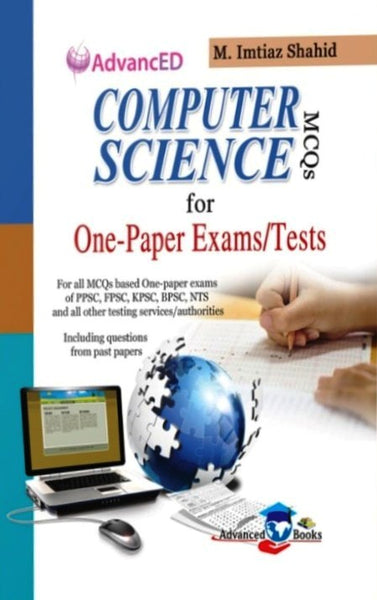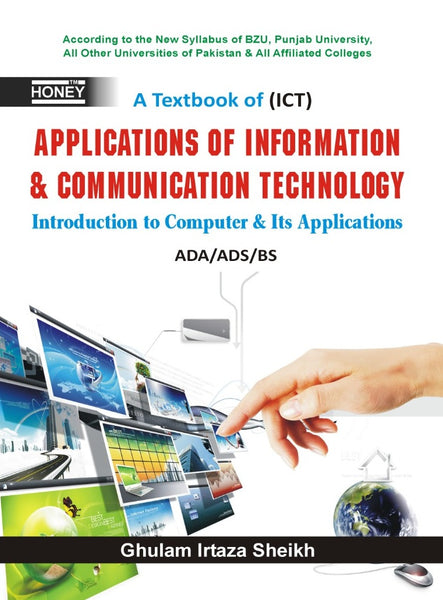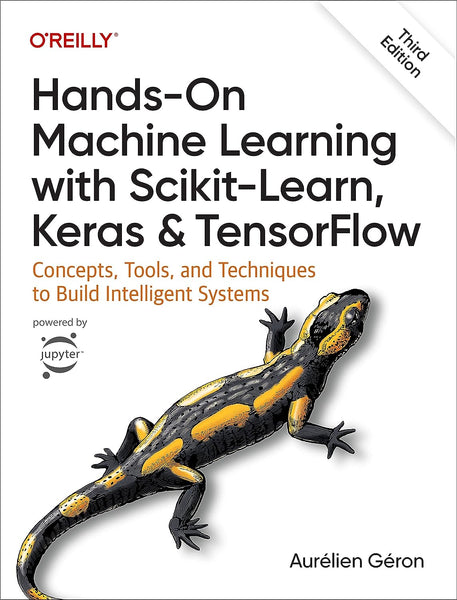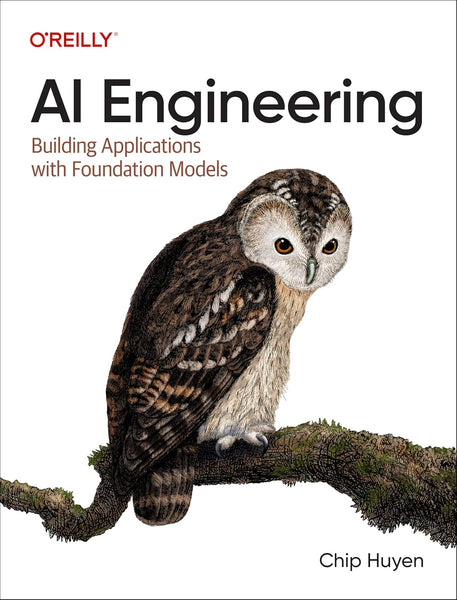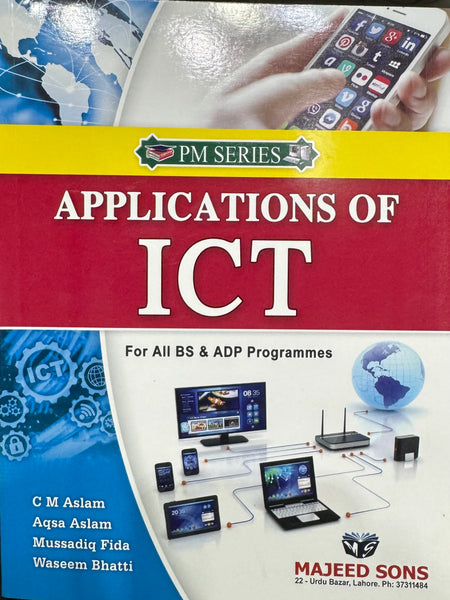Web Technologies: A Computer Science Perspective by Jeffrey C. Jackson
- Publisher: COMPUTER SCIENCE
- Availability: In Stock
- SKU: 51390
- Number of Pages: 574
Rs.1,290.00
Rs.1,850.00
Tags: Advanced Web Development , AI in Web Development , Angular , APIs , AWS , Azure , Back-End Development , Back-End Frameworks , booksnbook , Caching , Client-Side Technologies , Cloud Computing , Cloud Services , Cloud-Based Systems , Content Delivery Networks , Cross-Browser Compatibility , Cross-Site Scripting , CSS , Database Management , Database Optimization , Django , Emerging Web Technologies , Flask , Front-End Frameworks , good quality , Google Cloud , HTML , HTML5 , HTTP , HTTPS , Internet Security , JavaScript , JavaScript Frameworks , Load Balancing , Mobile Web , Modern Web Technologies , Node.js , PHP , Progressive Web Apps , PWAs , Python , React , Responsive Web Design , RESTful APIs , Scalable Infrastructure , Server Configuration , Server-Side Programming , SOAP , Software Engineering , SQL Injection , System Security , User Experience (UX) , Web App Development , Web Application Architecture , Web Application Security , Web Applications , Web Architecture , Web Communication , Web Design , Web Development , Web Development Frameworks , Web Frameworks , Web Interaction , Web Optimization , Web Performance , Web Programming , Web Programming Languages , Web Protocols , Web Security , Web Servers , Web Services , Web Software Development. , Web Systems , Web Technologies , Web Trends , Web-Based Applications , White paper
Title: Web Technologies: A Computer Science Perspective
Author: Jeffrey C. Jackson
Binding: Paperback
Paper Quality: Black White Paper
Category: Computer Science / Web Development / Internet Technologies
Recommended For: Computer science students, web development learners, and IT professionals seeking foundational and theoretical understanding of web technologies
Key Points:
-
Computer Science-Oriented – Explains web technologies from a theoretical and programming-centric perspective.
-
Covers Core Concepts – HTML, CSS, JavaScript, client-server architecture, XML, HTTP, and more.
-
Standards-Based – Emphasizes W3C standards and protocols that govern web development.
-
Strong Academic Structure – Ideal for university courses with structured chapters, examples, and exercises.
-
Bridges Theory & Practice – Offers insight into both the conceptual underpinnings and practical implementation of web technologies.



